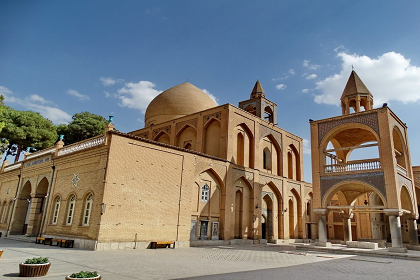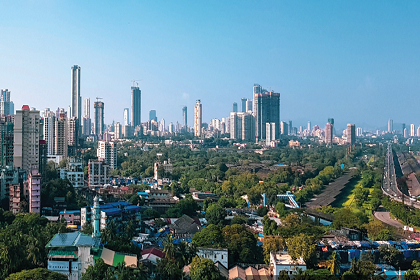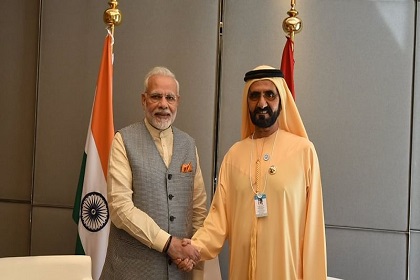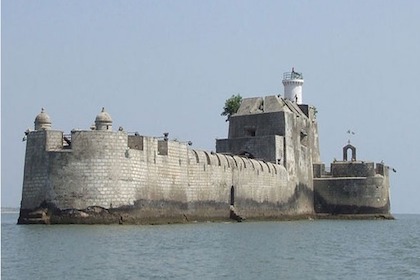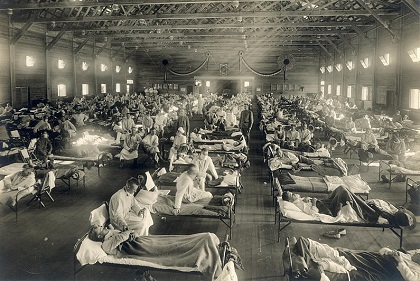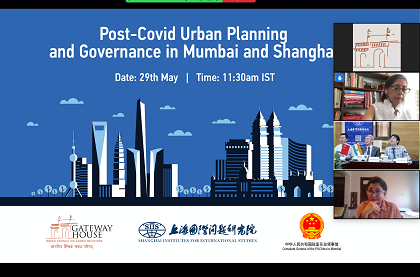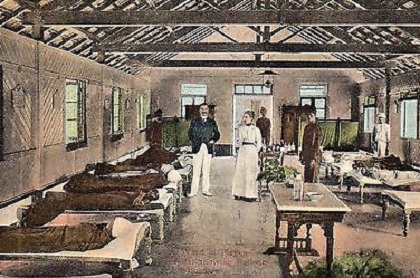India in the global Armenian network
The 18th century wave of Armenian immigrants to India were at the forefront of reinforcing a national identity for the Armenian people who lived dispersed across the world and without an independent country. The English colonial city of Madras was an important Armenian trading hub soon became home to an Armenian liberation movement

